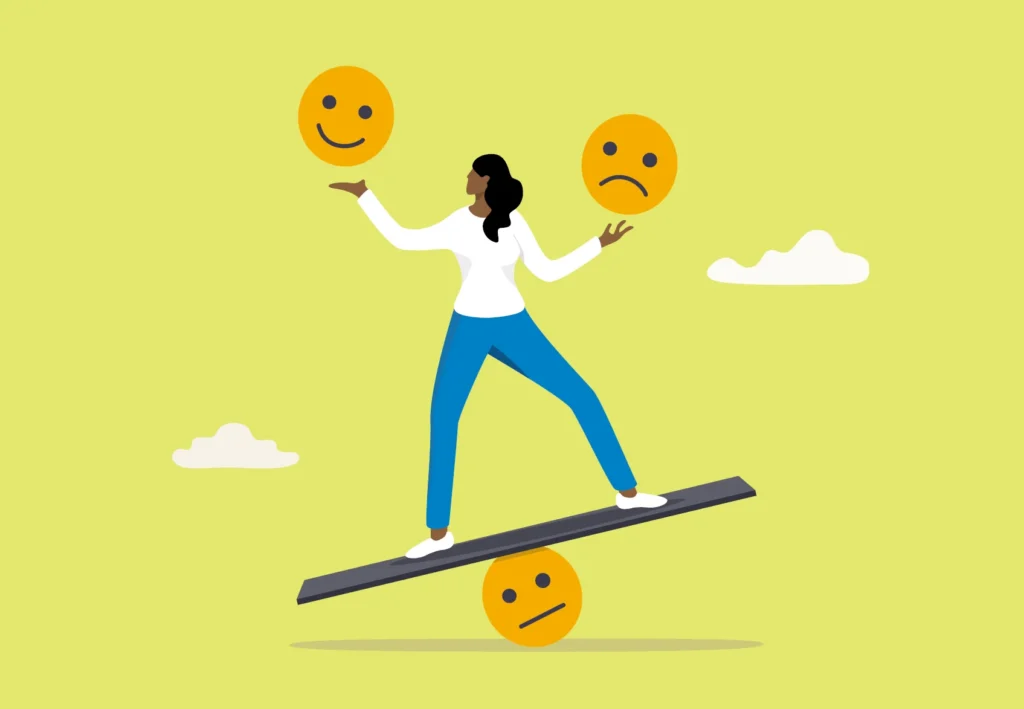
Finding a satisfactory equilibrium between stress and wellbeing is critical in today’s fast-paced environment for general well-being. Chronic stress may be harmful to the mind as well as the body, making it critical to implement techniques that promote harmonic equilibrium. This blog article will look at practical ways to strike a balance between stress and wellness.
Read more blog on wellness!
Meditation and mindfulness
Stress levels may be considerably reduced by incorporating mindfulness and meditation into your everyday practice. These techniques promote living in the present moment, which helps reduce anxiety about the past or the future. Individuals may create a sense of inner calm and improve their general well-being by devoting a few minutes each day to meditation activities.
Exercise regularly
Moving your body helps to relieve tension. Endorphins, which are released after exercise, make you feel happier. Going on a stroll, doing yoga, or engaging in a high-energy workout not only relieves stress but also helps you sleep better and stay healthier.
Choices for a Healthy Lifestyle
A well-balanced diet rich in fruits, vegetables, lean meats, and whole grains provides your body with the nutrition it requires to be physically and mentally well. Avoid drinking too much coffee, eating too many sweets, and eating too many processed meals, as they might influence your mood and make you less able to handle stress.
Time management that works
Stress and overload can result from poor time management. Individuals may stay organized and lessen the stress associated with tight deadlines by creating a realistic timetable, prioritizing work, and breaking things down into manageable chunks. Maintaining a healthy work-life balance also requires learning to say ‘no’ when required and setting limits.
Sleeping Well
Adequate and restorative sleep is critical for stress management and general wellness. Establishing a consistent sleep habit, maintaining pleasant sleep surroundings, and avoiding caffeine before bedtime can all help you sleep better. Sleep allows the body to repair and replenish, making it an essential part of a healthy and balanced way of life.
Social Interactions
Developing and sustaining strong social ties can provide emotional support during times of stress. Spending time with friends and family, engaging in group activities, or even attending groups or organizations with common interests can help individuals develop a sense of community and manage stress more efficiently.
Mindset Change
Cultivating a positive mentality may have a significant influence on how people perceive and deal with stress. Adopting a positive attitude and viewing problems as chances for progress might help you cope with life’s ups and downs more effectively. Gratitude writing, for example, can help redirect attention to the positive parts of life.
What ideas do you have for handling stress and taking care of yourself?
Consider eating well, staying active, getting enough sleep, and taking a break when you’re feeling stressed. Remember to look after your body by taking deep breaths, stretching, or trying meditation.
Read More about Dimensions of wellness
Conclusion
To achieve a healthy balance of stress and well-being, individuals must adopt a multifaceted strategy. By embracing mindfulness, regular exercise, and healthy lifestyle choices, they lay the groundwork for a more balanced existence. Additionally, efficient time management, prioritizing quality sleep, fostering social relationships, and cultivating a positive mentality contribute to negotiating the pressures of contemporary life with grace and perseverance.






